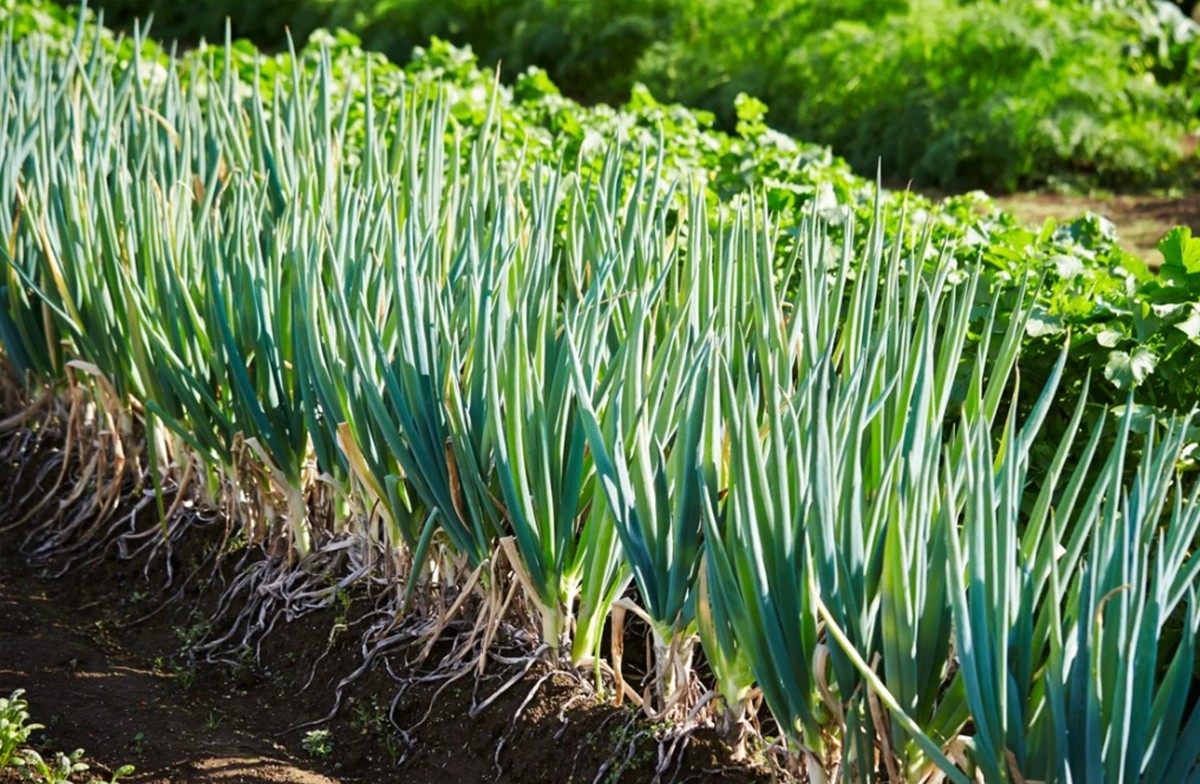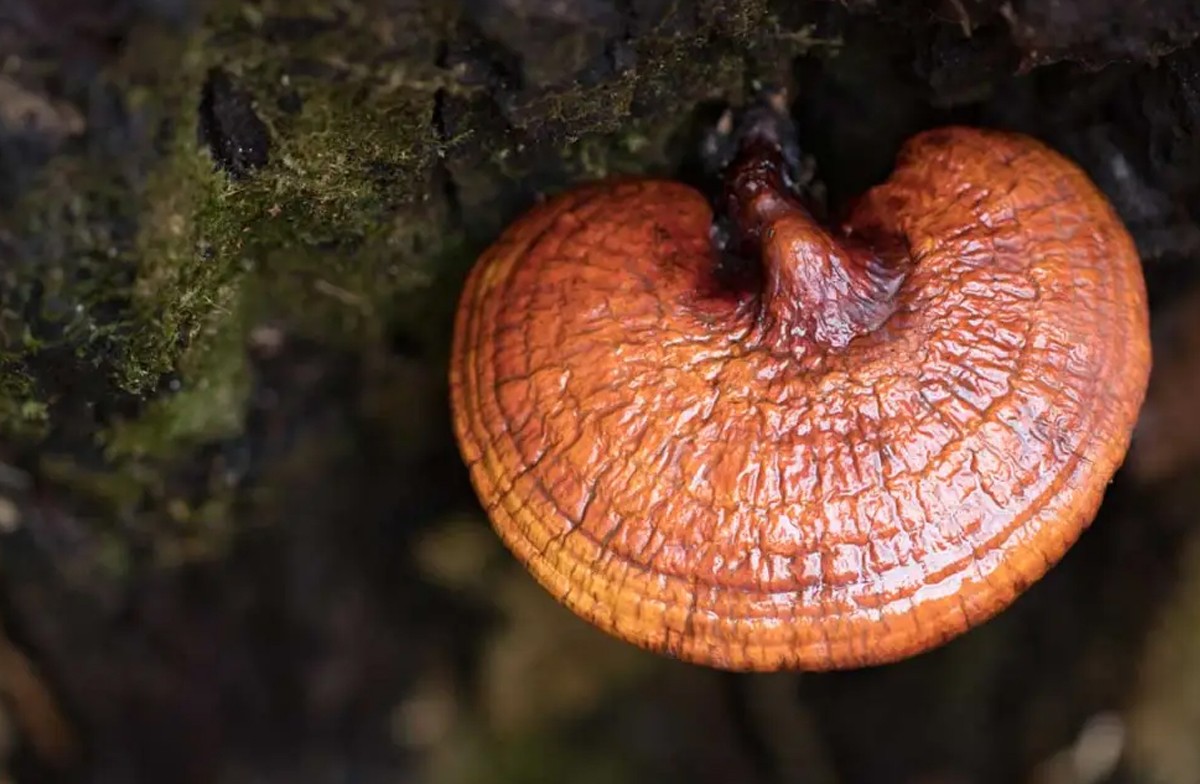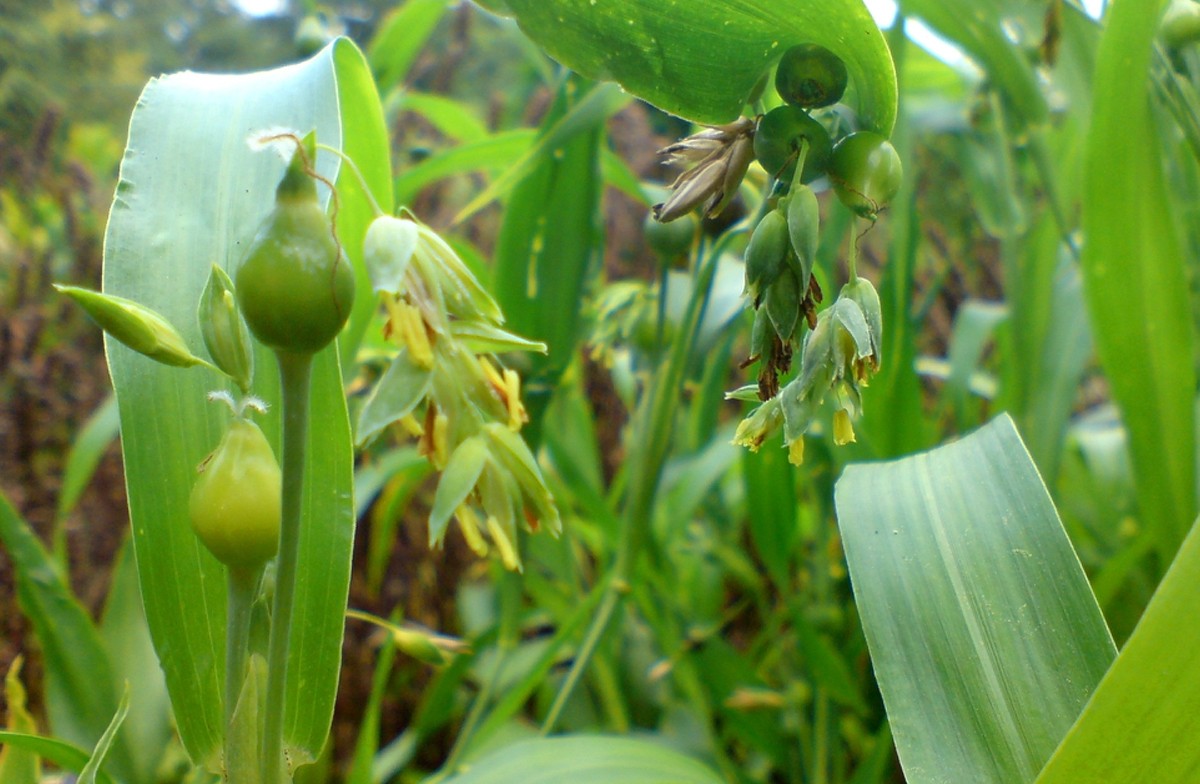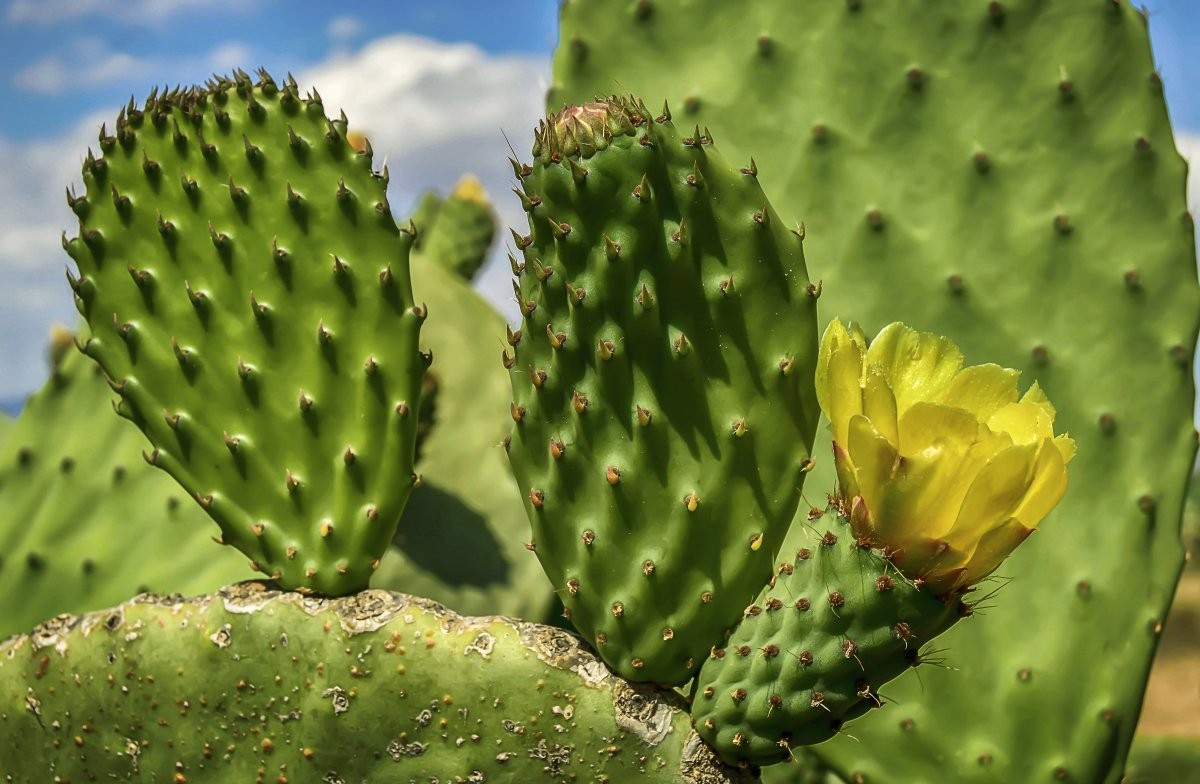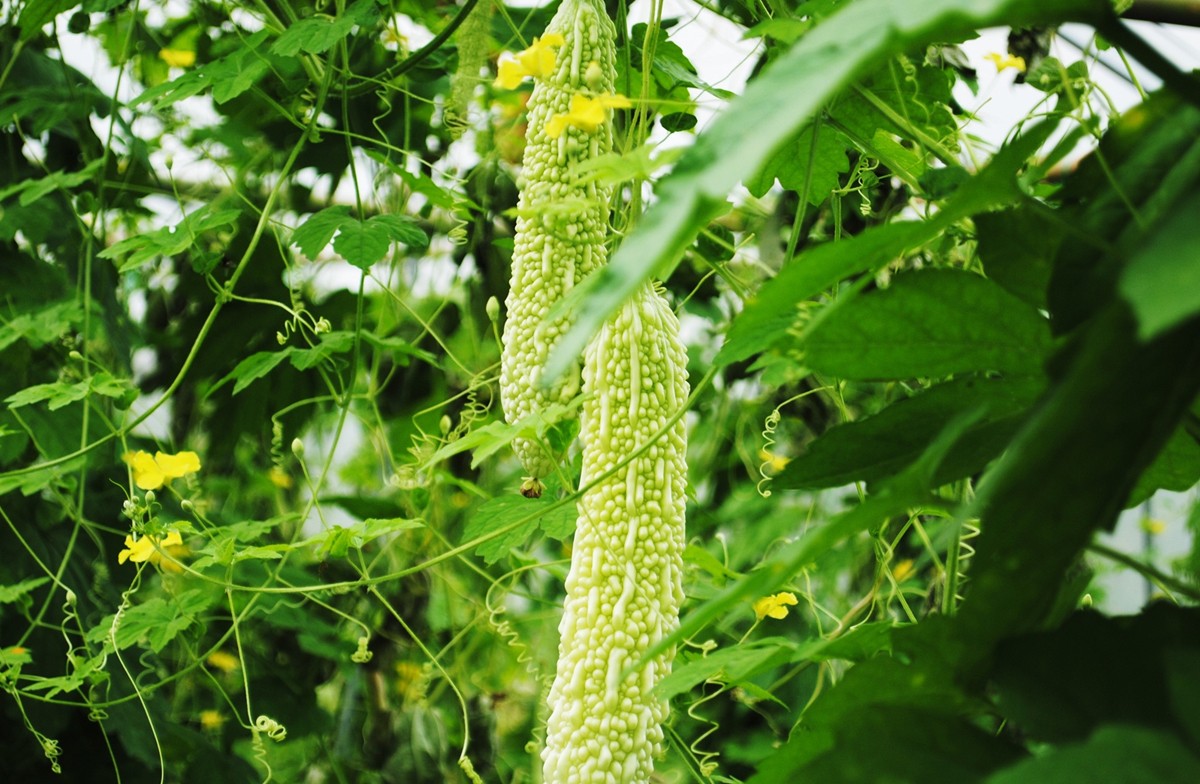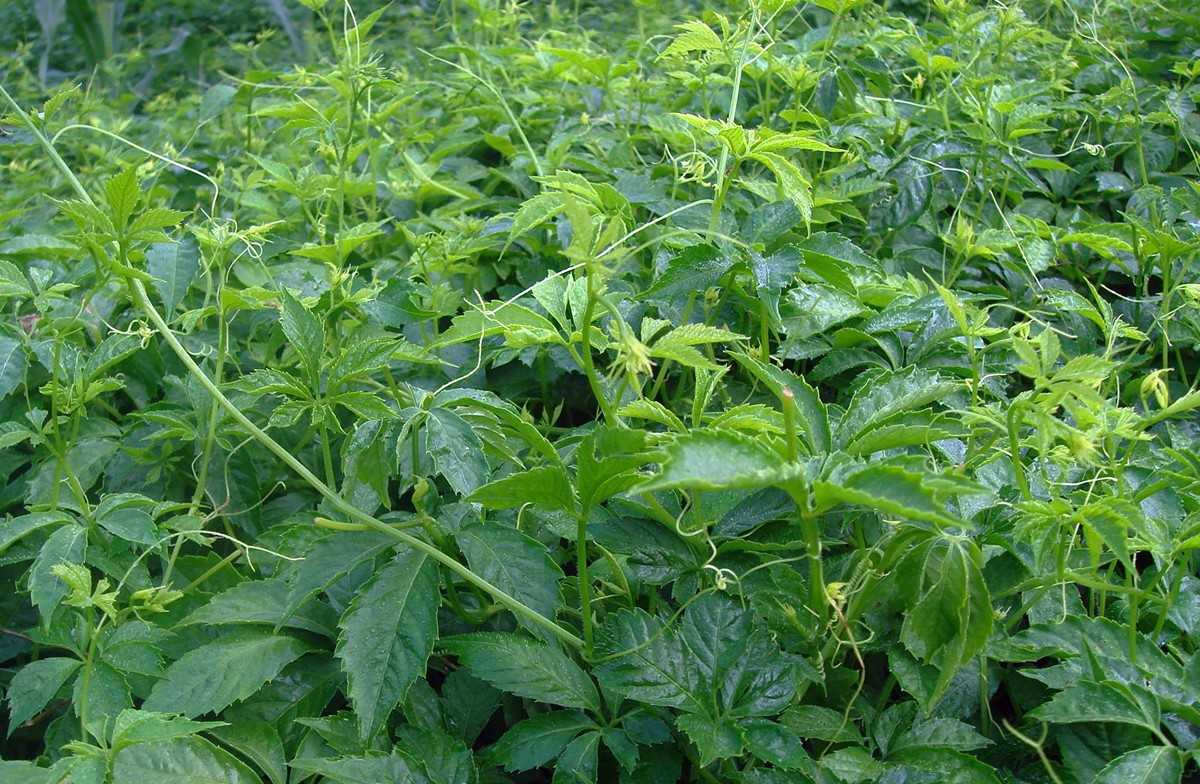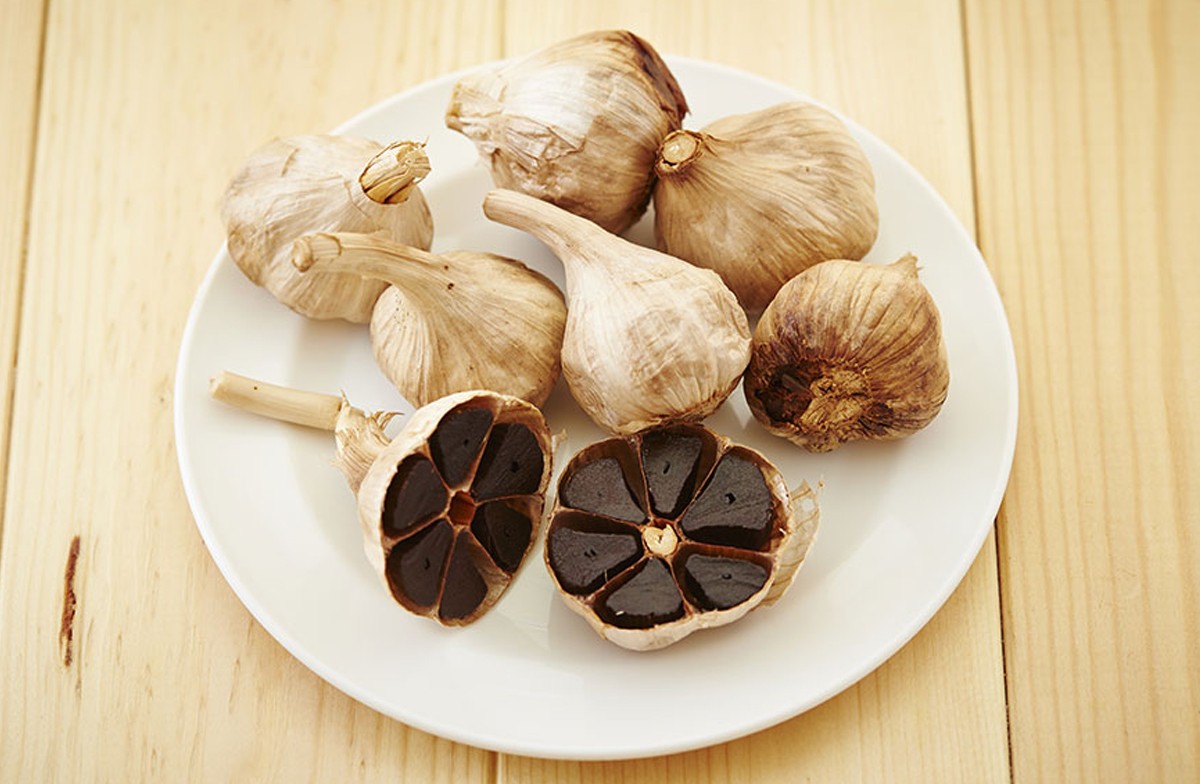There are several species of spiders that are considered venomous and have the potential to cause harm to humans. It's important to note that while these spiders possess venom, they typically only bite in self-defense and are not aggressive toward humans unless provoked. Here are some examples of venomous spiders: Black Widow Spider (Latrodectus sp...
Ginger is a flowering plant native to Southeast Asia. Its scientific name is Zingiber officinale. The part of the ginger plant that is commonly used is the rhizome, which is the underground stem of the plant. Ginger has a spicy and pungent flavor and is widely used as a spice in cooking, particularly in Asian cuisine. Start your natural health busi...
The taro plant is native to Southeast Asia but is now grown and consumed in many parts of the world. It is a staple food in various cuisines and has a distinct flavor and texture. The leaves of the taro plant are also edible and used in cooking in some cultures. Start your natural health businessBecome Heshoutang memberBecome Heshoutang whole...
Migraine is a neurological disorder characterized by recurrent episodes of severe headaches, usually on one side of the head. It is often accompanied by other symptoms such as nausea, vomiting, and sensitivity to light and sound. Migraines can last for hours or even days and can significantly impact a person's quality of life. In conventional medic...
The potato (Solanum tuberosum) is a herbaceous perennial plant that belongs to the nightshade family (Solanaceae). It is widely cultivated as a food crop all over the world, with over 3000 different varieties of potatoes grown globally. The potato plant has a short stem and leaves that are arranged in a spiral pattern around the stem. The leaves ar...
In conventional medicine, menopause refers to the permanent cessation of menstrual periods in women, which occurs naturally as a result of the aging process. Menopause typically occurs between the ages of 45 and 55, although it can occur earlier or later. During menopause, the ovaries stop producing eggs and levels of the hormones estrogen and prog...
The spinach plant (Spinacia oleracea) is a leafy green vegetable that belongs to the Amaranthaceae family. It is a cool season crop that is grown for its nutritious leaves, which can be eaten raw or cooked. Spinach plants prefer cool temperatures and can be grown in both spring and fall. They require well-drained soil and regular watering, and can ...
The green onion is a type of Allium plant with long, thin green stalks and small, white roots. It is also known as scallion or spring onion. The scientific name of the green onion plant is Allium fistulosum. It is a popular vegetable in many cuisines and is often used as a garnish or flavoring in dishes such as salads, soups, and stir-fries. ...
Hyperthyroidism is a medical condition that occurs when the thyroid gland produces too much thyroid hormone. The thyroid gland is a small, butterfly-shaped gland located in the neck, and it produces hormones that regulate the body's metabolism. When the thyroid gland produces too much hormone, it can cause a variety of symptoms and health problems....
Goiter (also spelled goitre) is a medical condition characterized by an abnormal enlargement of the thyroid gland. The thyroid gland is a small butterfly-shaped gland located in the front of the neck, and it produces hormones that regulate the body's metabolism. A goiter may occur due to a variety of reasons, such as an iodine deficiency, autoimmun...
Gallstones are hard, solid deposits that form in the gallbladder, a small organ located in the upper right side of the abdomen. The gallbladder is responsible for storing and releasing bile, a digestive fluid produced by the liver that helps to break down fats. Gallstones can range in size from a grain of sand to a golf ball, and they can be made u...
MS stands for multiple sclerosis, which is a chronic autoimmune disorder that affects the central nervous system. In MS, the immune system mistakenly attacks the protective covering of nerve fibers, called myelin, which can lead to a range of symptoms, including muscle weakness, numbness or tingling, difficulty with coordination and balance, vision...
UTI stands for urinary tract infection, which is a common infection that can occur anywhere in the urinary system, including the kidneys, bladder, ureters, and urethra. UTIs are typically caused by bacteria, but can also be caused by viruses or fungi. Symptoms of a UTI can include: Pain or burning during urinationFrequent or intense urges to urinat...
Ganoderma lucidum, also known as reishi mushroom or lingzhi, is a type of mushroom that belongs to the genus Ganoderma. It is a woody and shelf-like mushroom that grows on the trunks and stumps of deciduous trees, particularly oak and maple trees, in Asia, North America, and Europe. The fruiting body of the Ganoderma lucidum mushroom is kidney-shap...
Hyriopsis cumingii Leach is a species of freshwater pearl mussel found in Southeast Asia, particularly in China, Vietnam, and Thailand. It is also commonly known as the triangle pearl mussel or the triangle sail mussel due to its triangular shape and the presence of a sail-like structure on its shell. This species is of great economic importance as...
Coix seed, also known as Job's tears, is a type of grain that is commonly used in traditional Chinese medicine and cuisine. It is the seed of the Coix lacryma-jobi plant, which is native to Southeast Asia. Coix seed is typically small, round, and has a hard outer shell. In natural health, Coix seed is believed to have cooling properties and is used...
Cactus refers to any plant that belongs to the family Cactaceae. These plants are typically characterized by their succulent stems and spines or thorns. Cacti are well-adapted to dry environments and are found in various regions throughout the Americas, from Canada to Patagonia. They come in a wide variety of shapes and sizes, ranging from sma...
Momordica charantia L., also known as bitter melon or bitter gourd, is a tropical and subtropical vine of the family Cucurbitaceae, widely grown in Asia, Africa, and the Caribbean for its edible fruit. The plant is a climbing vine with long, pointed leaves and yellow flowers that produce a fruit resembling a cucumber, with a bumpy, oblong shape and...
Fiveleaf Gynostemma Herb, also known as Jiaogulan, is a plant native to Southern China and other parts of Asia. It belongs to the Cucurbitaceae family, which also includes melons, gourds, and cucumbers. The plant has a vining growth habit and can grow up to 6 meters in length. It has small, green, toothed leaves that are arranged in groups of five,...
Black garlic is a type of garlic that has been fermented at a low heat for a prolonged period of time, resulting in its distinctive black color, soft texture, and sweet, almost molasses-like flavor. The fermentation process involves exposing fresh garlic bulbs to high humidity and temperatures of around 140 to 170°F (60 to 77°C) for several weeks t...






